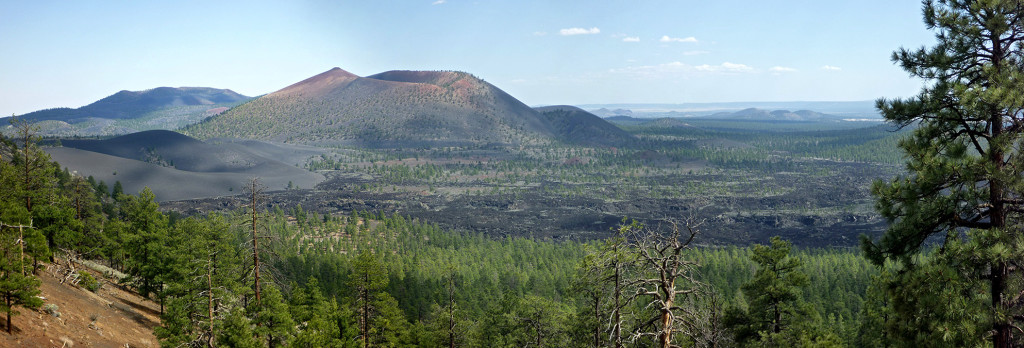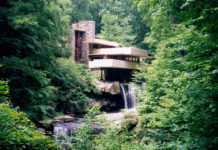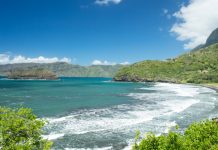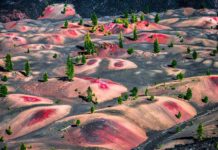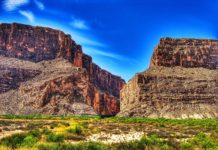Sunset Crater Volcano is approximately one thousand years old. The last eruption took place sometime between about 1080 and 1150 AD. Sunset Crater, located in north-central Arizona, is the youngest volcano found on the 130,000-square-mile at Colorado Plateau. The series of volcano eruptions reshaped the nearby landscape, persistently changing the lives of human beings, plants, and animals.
It is named for its dazzlingly colored scoria deposits on the cone and is only one of more than 550 vents of the vast San Francisco volcanic field. The cinder cone volcano’s rim is the dusky red of a sunset crater at the summit of the cone measures approximately 400 feet across, though the base of the cinder cone measures around one mile.
The yellow, red, and pink colors of silica iron oxide and gypsum are found around the volcano’s summit. The eruption of Sunset Crater resulted in a strangely large amount of volcanic debris for a strombolian-style eruption and had a devastating effect on the flora, fauna, and indigenous people living in the surrounding area.
These days Sunset Crater is the centerpiece of the 4.7-square-mile Sunset Crater Volcano National Monument, located only 15 miles northeast of Flagstaff, Arizona. It was established on May 26, 1930, through the action of President Herbert Hoover. Arizona’s three active volcanic fields are, the San Francisco, Uinkaret, and Pinacate fields mainly erupt basaltic lavas and tephra.
Furthermore, almost 75% of the magma that erupted at Sunset Crater erupted explosively as scoria, and half of the scoria fell very near its source and built Sunset Crater cinder cone, about half blanketed the region with ash and other small volcanic particles.
In the late 1920s, a Hollywood filmmaker planned to use Sunset Crater as a film set and use dynamite to simulate an eruption, but local people’s resistance stopped the plan. Moreover, since 1970, tourists have been prohibited from walking on or to the top of the cinder cone. However, nowadays a self-guided, one-mile-long walking trail permits visitors to experience the volcano’s gigantic size and the eruptive power that once existed here.
The San Francisco Volcanic Field has not experienced volcanic activity for nearly 1,000 years, but researchers predict volcanic activity here is still possible and most likely further to the east of Sunset Crater. The natural beauty found around Sunset Crater shows its exclusive charm daily. Here, the ancient cinder cone is silhouetted against the orange and golden colors of a cool morning mountain sunrise.
Sunset Crater in Arizona is the youngest volcano in the vast San Francisco Volcanic Field of northern Arizona. The first eruptions must have been spectacular, earthquakes rattled the ground. Sulfurous clouds of gas and ash blew high into the sky. Glowing-hot molten lava spilled over the ground and left jagged black basalt flows that look like they froze in place just last week.
Well, if you’re an adventure lover then plan to hike the trail through the hot lava flow and cinders. You’ll likely discover intriguing, ruggedly dramatic geological features coexisting with twisted Ponderosa Pines and an astonishing array of wildlife. Obviously Pre-historic communities living nearby the sunset craters must be impacted at the time of the eruption. The authorities must have been countless warnings for the inhabitants to make a way out of harm’s way; however, no proof has been found that people died as a direct result of the eruption.
The archeological belief population could have been moved to a new location might be few kilometers from sunset crater, but there is definitely a healthy life here, which was densely populated with several groups of humans who worked in the agricultural fields. But massive eruptions forever changed the landscape and lives of these groups.
Also, Read Brimham Rocks! Balancing Rock Formation of Yorkshire

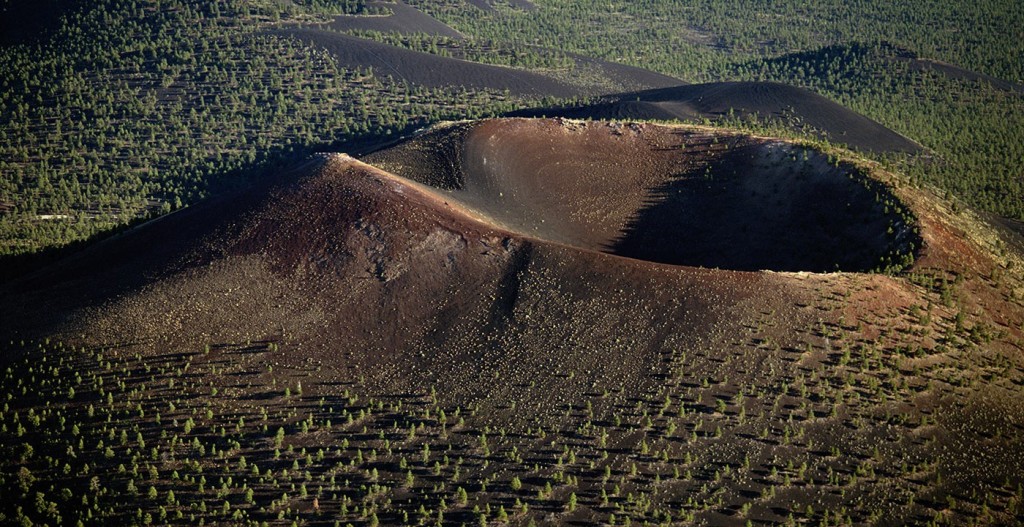
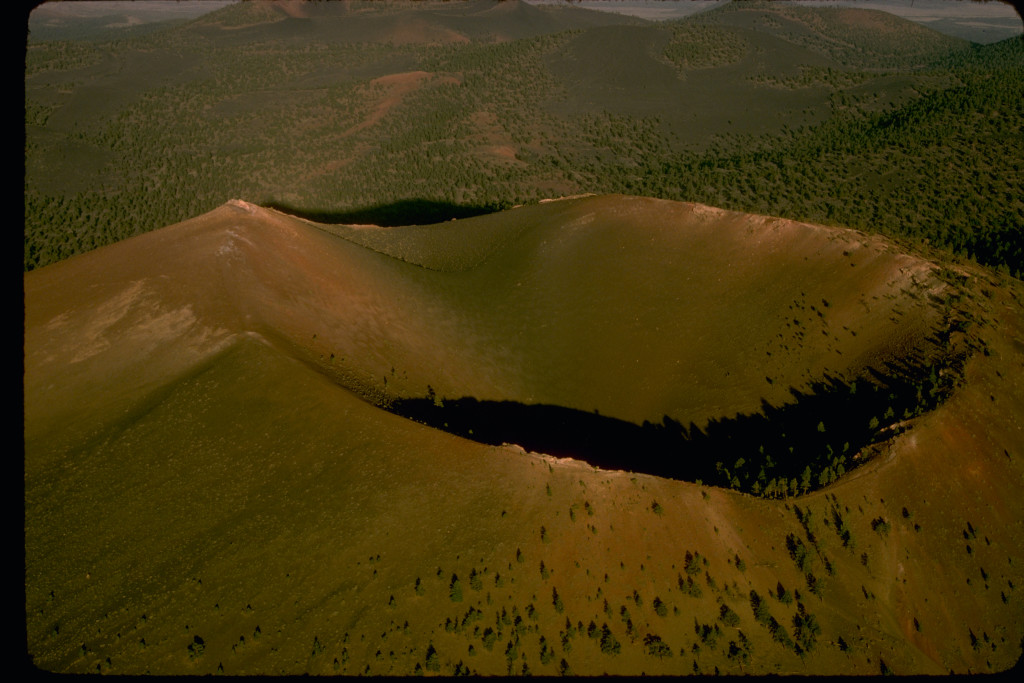
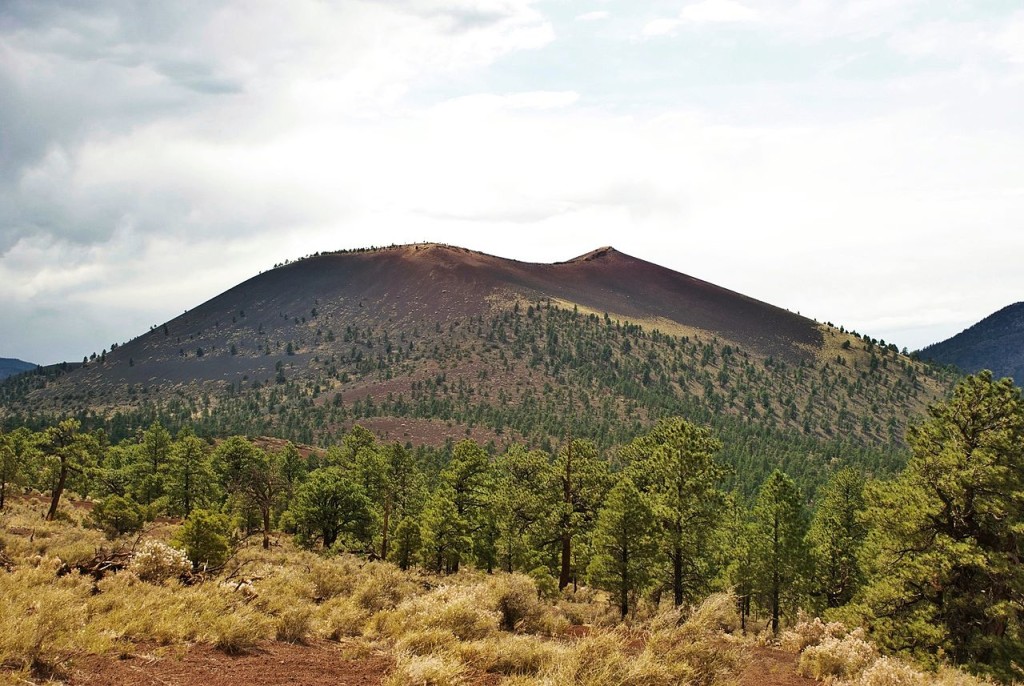
Source: Live Science and Wikipedia
Read More – The Lesser Goldfinch (Spinus psaltria) / The Himalayan Cutia / The fire-tailed myzornis / Pando – The One Tree Forest / Great Blue Heron
Affiliates Links:
- How One Woman Discovered the Female Fat-Loss Code Missed by Modern Medicine And Lost 84lbs Using a Simple 2-Step Ritual That 100% Guarantees Shocking Daily Weight Loss
- 60 Seconds Habit! That Reversed Type 2 Diabetes and Melted 56 lbs of Fat
- Boost Your Energy, Immune System, Sexual Function, Strength & Athletic Performance
- Diabetes Remedy # 1 Mega Offer for 2019


